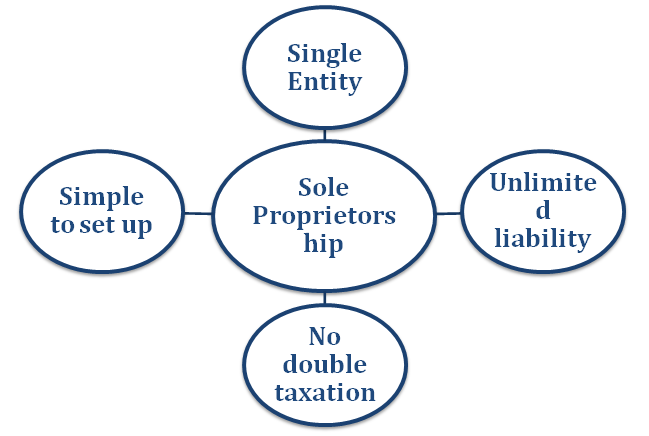Can OPC have subsidiary company?
OPC have Subsidiary Company In recent years, One Person Companies (OPCs) have gained popularity as a business structure that allows a single individual to own and operate a company. This model offers various advantages, such as limited liability and simplified compliance. However, a common question arises: Understanding OPCs An OPC is a type of… Read More »









